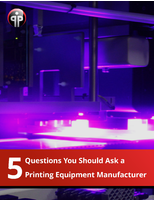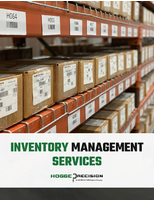2nd Generation Biofuels: A New Technological Step
As part of its policy targeting the reduction of greenhouse gases, the European Union requires that the proportion of biogenic motor fuels should be increased to 5.75% by the year 2010. In Germany, the Federal Government is aiming for a significant higher quota of fuels generated from renewable resources by year 2020. Second generation biofuels, as they do not use the edible part of the plant, will contribute to this ambitious objective.
In this context, Lurgi, a 100% subsidiary of the Air Liquide Group, will build a second generation of biofuel plant at Forschungszentrum Karlsruhe, Germany in a joint project with the Karlsruhe Institute for Technology (KIT). This pilot plant will demonstrate the viability of the three-stage bioliq® process. Since the first stage of the pilot plant completed in 2007 was successful, it is now entering the second stage.
In this second stage, the bioliqSynCrude® generated from straw in the first step is processed to become synthesis gas. The project covers the engineering, construction, supply, installation and commissioning by Lurgi. Commissioning of the gasifier is planned for autumn 2011. This unit is substantially sponsored by the German Federal Ministry for Nutrition, Agriculture and Consumer Protection under the program for renewable biological resources.
François Darchis, Senior Vice-President Air Liquide Group, in charge of R&D, Advanced Technologies and Engineering & Construction, commented: "We are very proud that the bioliq® project by Lurgi in Germany is being continued. In a world where energy and environmental issues take on greater importance every day, Air Liquide intends to play an active role in creating viable alternative energy solutions. Energy and the Environment remain two of the Group's growth drivers."
With more than 40,000 employees in 75 countries, Air Liquide is the world leader in industrial and medical gases and related services. The Group offers innovative solutions based on constantly enhanced technologies and produces air gases (oxygen, nitrogen, argon, rare gases...) and many other gases including hydrogen. The Group contributes to the manufacturing of many everyday products: bubbles in sparkling beverages, protective atmosphere for packed foods, oxygen for hospitals and homecare patients, ultra-pure gases for the semiconductor industry, hydrogen to desulfurize fuels...
Air Liquide is committed to sustainable development and helps to protect life. Founded in 1902, Air Liquide has successfully developed a long-term relationship with its shareholders built on trust and transparency and guided by the principles of corporate governance. Since the publication of its first consolidated financial statements in 1971, Air Liquide has posted strong and steady earnings growth. Sales in 2007 totaled 11,801 million euros, with sales outside France accounting for almost 80%. Air Liquide is listed on the Paris stock exchange and is a component of the CAC 40 and Eurostoxx 50 indices (ISIN code FR 0000120073).




